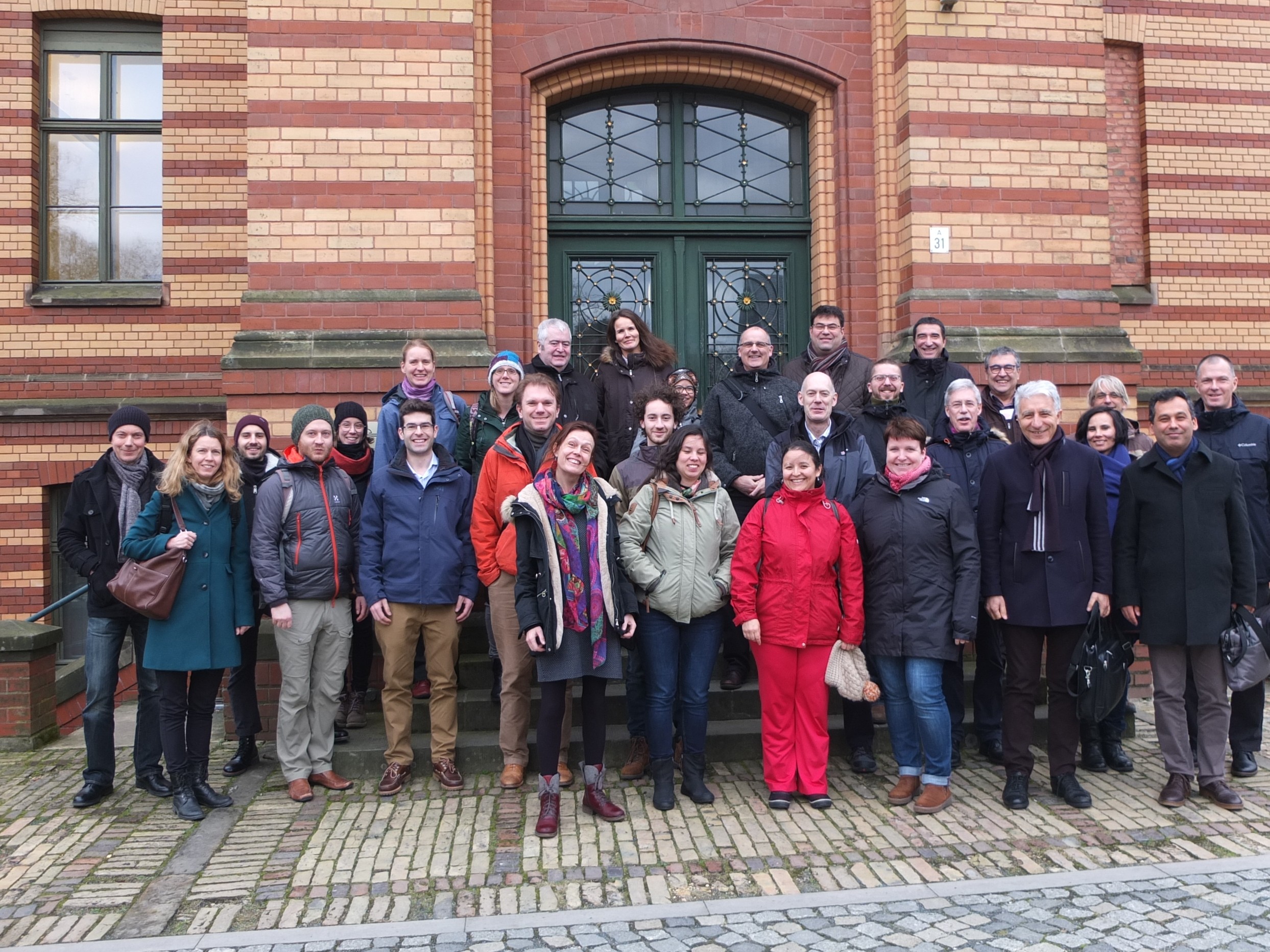From react to REFLECT: new EU research project will study the behaviour of geothermal fluids to increase the efficiency of geothermal operations
The efficiency of geothermal utilisation largely depends on the behaviour of fluids that transfer heat between the geosphere and the engineered components of a power plant. The EU-funded REFLECT project aims to avoid problems related to fluid chemistry rather than treat them. These physical and chemical properties are often poorly defined, as in situ sampling and measurements at extreme conditions are difficult to date. Therefore, large uncertainties in current model predictions prevail, which will be tackled in REFLECT by collecting new, high-quality data in critical areas. This data will be implemented in a European geothermal fluid atlas and predictive models allowing to provide recommendations on how to best operate geothermal systems for sustainable use. By addressing the key problem of nearly all geothermal operations, REFLECT will have a major impact on the operational efficiency, project economics and viability as well as on the environmental footprint. By redefining geothermal fluid properties and their geochemical reaction constants over a large range of salinities and temperatures, a huge knowledge gap is aimed to be closed, leading to more reliable predictions of geothermal performances. The improved databases and modelling tools can be used by geoscientists and engineers to help operators optimise power plant layout and reduce maintenance costs. By fulfilling its goals, REFLECT intends to solve many severe problems of geothermal operation. This matches the goals of the EU Strategic Energy Technology (EU-SET) plan by ultimately reducing the cost of key renewable technologies and increasing the security of the energy system. In the long run, REFLECT aims to increase the number of economically viable geothermal sites. By encouraging an increase of the share of geothermal energy within the European energy market, REFLECT can thus help to reduce the consumption of fossil fuels. REFLECT recently marked its start with the kick-off meeting held on 29 and 30 January 2020 at the premises of the coordinator, the Helmholtz Zentrum Potsdam Deutsches Geoforschungszentrum (GFZ) based in Potsdam, Germany. The consortium as a whole consists of 14 partners from nine different European countries including three research institutes and geological surveys, one European organisation, four universities, and three companies. Follow us to stay tuned: LinkedIn: reflect-project Twitter: reflect_h2020 Contact: Katrin Kieling (Project manager): katrin.kieling@gfz-potsdam.de Simona Regenspurg (Scientific coordinator): regens@gfz-potsdam.de Helmholtz Zentrum Potsdam Deutsches Geoforschungszentrum (GFZ) Telegrafenberg 17 Potsdam 14473 (Germany)



